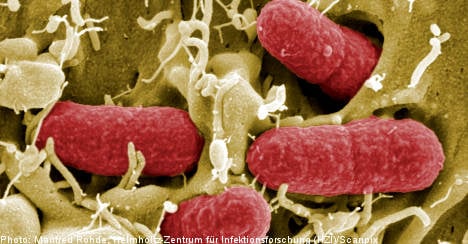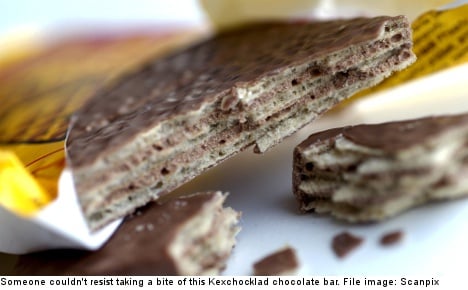The seeds have been recalled but 25 kilos have already arrived in Sweden. The National Food Administration has contacted the company Econova in Norrköping, who in their turn have stopped the sales and recalled already delivered bags of seeds.
“Common denominators between the outbreaks in France and Germany have been compared and authorities have been able to track it back to this product,” said Lars Plym Forshell from the Food Administration to TT.
According to Plym Forshell the seeds originated in Egypt and this consignment is believed to have arrived in Sweden as early as in January 2010.
Fenugreek is largely used in curry mixes and products from the suspected assignment have been sold to stores all over the country.
But wholesaler Econova hasn’t learned of any customers falling sick so far despite 6,277 bags having been sold during 2011.
“We started contacting our customers on Friday and have continued today. We’re asking them to remove the product from shop shelves and none of the suspected products are now going out to our customers, “ said Johan Rydberg of Econova to TT.
Rydberg pointed out to TT that this is a precautionary measure as there is only a strong suspicion that it is the fenugreek seeds that have spread the EHEC disease.
“No such infection has actually been confirmed yet,” Rydberg told TT.



 Please whitelist us to continue reading.
Please whitelist us to continue reading.
Member comments